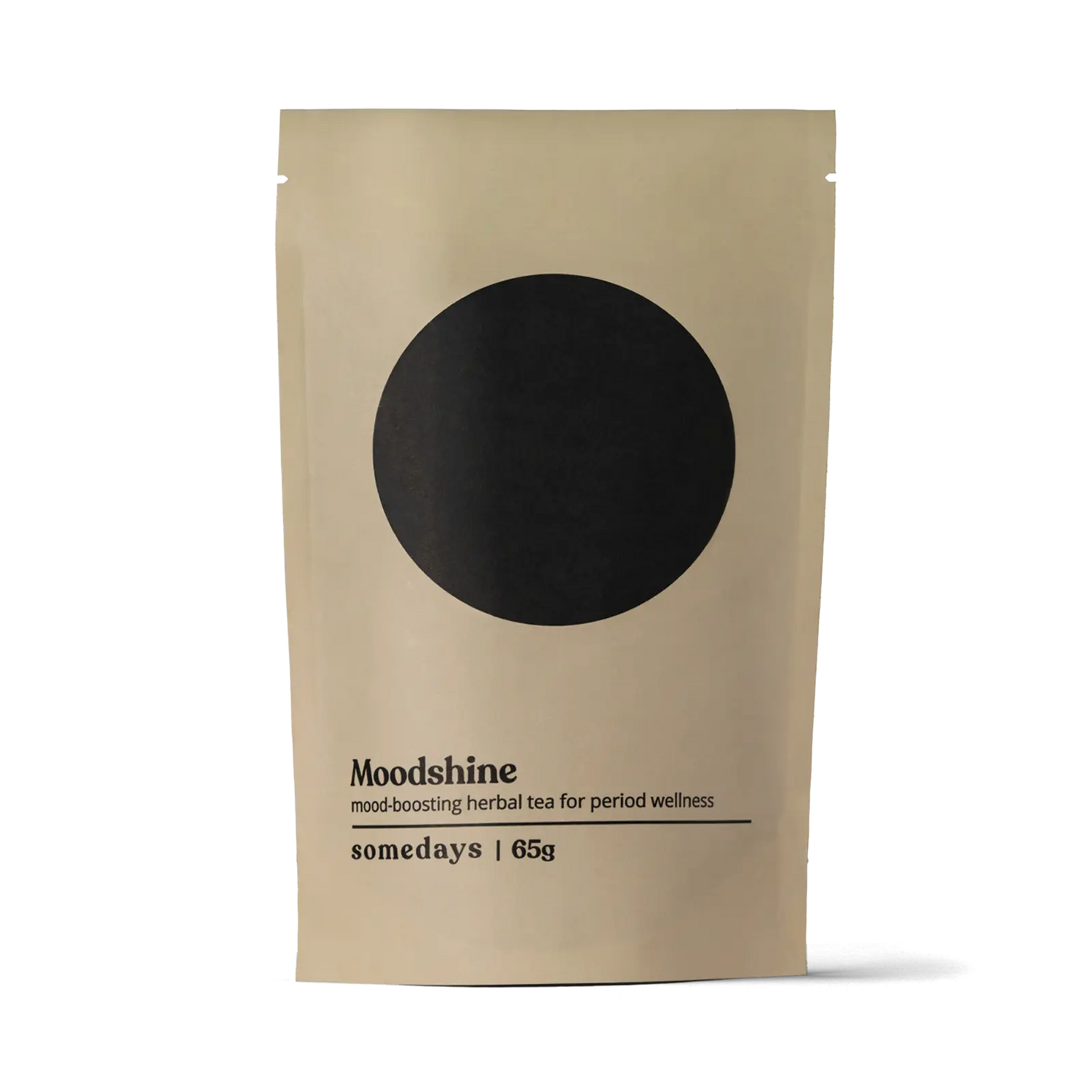The Unfortunate History of Hysteria and Endometriosis

When I started my research into medical gaslighting and chronic pain, I was awestruck when a participant of my study explicitly mentioned the connection between hysteria and endometriosis.
They explained to me that they were shocked to discover that people are now starting to talk about how for years, most hysteria diagnoses were actually misunderstood cases of endometriosis. I read the book (The Doctor Will See You Now), and I decided to make this reality one of the main areas of my research.
The History of the Word Hysteria
The term “hysteria” actually originated in Ancient Greece, where they believed that the womb (hystera) “wandered” around the body, which produced a range of conditions, both physical and mental. Symptoms of hysteria were thought to include a wide array of symptoms, including (but not limited to): anxiety, fainting, sexual desire, loss of sexual desire (you can’t win), irritability, insomnia, a swollen or painful abdomen, tears and laughter, and frequent urinating.
In 1748, a French physician by the name of Joseph Raulin noted that both men and women could get hysteria, but women were inherently predisposed to it because of their “nature”. This inherently gendered dimension of hysteria remains entrenched in modern medicine.
Eliot Slater, a psychiatrist noted the highly gendered nature of hysteria diagnoses, including symptoms such as “any tendency to play up or exaggerate symptoms”.
Doesn’t this sound familiar?
The Lasting Impact of Hysteria Diagnoses
People with endometriosis are constantly told that they are “overexaggerating” their symptoms, and diagnostic lapses are common as pain is normalized and dismissed. Multiple scholars and authors have stated that they think that a vast majority of people who were diagnosed with “hysteria” actually had endometriosis; this is plausible because of the overlap of symptomatology.
Even “irritability” being a symptom is laughable, because who wouldn’t be irritable if they were constantly in pain and invalidated?
People with uteruses have been called “hysterical” for “overreacting” to pain for so many years, and when you look back and examine hysteria symptoms…it sounds a lot like endometriosis, which is incredibly common. You might be asking: hysteria was outdated and dismissed decades ago, how does it impact endometriosis in 2021? The answer is a lot.
Though these ideas are outdated and the diagnosis of “hysteria” does not exist in the same way anymore, they inform a lot of deep-rooted medical beliefs that disproportionately impact people with conditions like endometriosis.
The Theory of Hysteria and Pain
First, in order to understand how conceptualizations of hysteria inform contemporary medicine and more specifically, endometriosis, it is important to understand the context of hysteria and pain. The specificity theory of pain, one of the first modern theories for pain, hypothesized that specific pain receptors transmit signals to a “pain center” in the brain, and this is what produces pain.
This theory emphasizes pain with a pathological source, and in doing so, deems pain without an organic pathology should be perceived as ‘hysterical”. This emphasis on an identifiable source of pain resulted in the beginning of this mass conflation of pain and anxiety because this widespread theory ignores the fact that there are many conditions that involve pain without an organic pathology.
Also, this assumption deems people who suffer from “medically unexplainable” symptoms of pain (pain that doctors cannot identify, for example, endometriosis) as hysterical, as they must be imagining their pain, as there is no identifiable source. Hysteria and contemporary conceptualizations of it rely on stereotypical notions of “femininity”, which you can see in the supposed symptoms of hysteria.
Other Implications
I think that this framing of women as malingers by psychologizing various symptoms doctors just did not want to deal with in the past has bled into current medicine. It makes medical professionals immediately suspicious of feminine claims of pain.
These suspicious further negatively impact transgender and non-binary people who have endometriosis, as the condition is highly feminized and thus makes the navigation of the medical system even tougher for these people.
Though doctors are not diagnosing people with hysteria anymore, the root of hysteria remains embedded. If you have endometriosis, you have probably been asked about your stress levels, often. Medical professionals still follow the trend of psychologizing people with endometriosis and pain; just because it is not as explicit as the process of medicalizing hysteria, it is just as harmful.
Though I do not personally have endometriosis, I have first-hand experience with the psychologizing of pain, and being in so much pain while medical professionals dismiss it as psychological in origin makes the pain feel not real.
Every person in my life with endometriosis has told me that they have experienced some form of psychologization in the process of navigating the medical system, and this is a common pattern that I have found throughout my research.
The contemporary continuation of the outdated idea of “hysteria” via the pattern of psychologizing endometriosis directly causes negative health outcomes for those who suffer from this condition. I stated before how I felt crazy when I was experiencing severe pain and being told it was literally “in my head”; this is an effect of medical gaslighting. I recently wrote a whole article about medical gaslighting and how to recognize it.
Conclusion
In my research on medical gaslighting, I found that this method of medical gaslighting poses a barrier to receiving adequate treatment, whether that be “diagnosis” (if that is what the person wants) or pain relief. When you are repeatedly told that your reality of pain is not real, especially by someone who comes from a position of power, it tends to start to restructure the way we conceptualize pain.
There has recently been more attention paid to the connection between endometriosis and hysteria, which is good, but more effort needs to be done to dismantling medical gaslighting in these encounters. Having endometriosis is a hard journey, and these outdated ideas of hysteria that so immensely impacted people with endometriosis decades ago continue to implicitly inform medicine about endometriosis, pain, and arguably, this idea of women as malingerers.
Previous Article All Articles Next Article
All Articles


